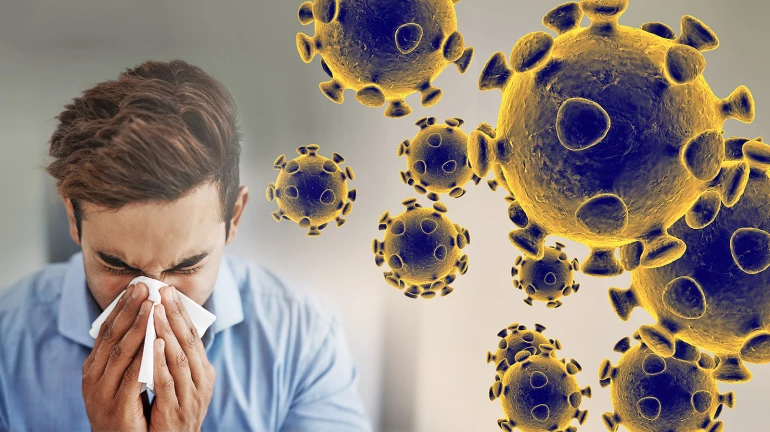
The coronavirus pandemic has been causing havoc in India since its onset in March 2020. The devastating second wave still has people on the edge. Even though the daily numbers have come down, people are apprehensive about the outlook and fear that the third wave may be just around the corner.
However, it is possible that things are actually now getting better. According to Dr Soumya Swaminathan, Chief Scientist of the World Health Organisation COVID-19 in India may be entering some kind of stage of endemicity where there is a low or moderate level of transmission going on.
Swaminathan made this observation on Tuesday as she said that because of the diverse population and immunity status in various parts of India, it was quite likely that the situation might continue like this with “ups and downs in different parts of the country”.
"As far as India is concerned that seems to be what is happening and because of the size of India and heterogeneity of population and immunity status in different parts of the country in different pockets, it is very very feasible that the situation may continue like this with ups and downs in different parts of the country, particularly where there are more susceptible population, so those groups who were perhaps less affected by first and second waves or those areas with low levels of vaccine coverage we could see peaks and troughs for the next several months," Swaminathan said.
Swaminathan gave these insights to Karan Thapar in an interview with The Wire.
The endemic stage refers to the time when the population learns to live with a virus. It’s very different from the epidemic stage when the virus overwhelms a population.
During this conversation, Swaminathan also spoke on the clearance issue of Covaxin. COVAXIN is India's indigenous vaccine that was developed by Bharat Biotech. Swaminathan said that she was confident that this vaccine will get a nod of approval from WHO’s technical group and even mentioned that the timeline for this could be mid-September.
Commenting on drugs used for the treatment of coronavirus, Swaminathan said, "Solidarity trial showed Remdesivir does not reduce mortality, it may have a marginal benefit in the subgroup of patients who are ill enough to need oxygen but not ill enough to be on ventilation so there may be a marginal benefit but certainly Remdesivir does not do much in stage of moderately or severely ill patients. It is also very expensive. Drugs like Dexamethasone and Oxygen are the two essential ones that save lives".
In this interview, Thapar also talked about how COVID-19 can impact children. Answering that question, Swaminathan said, "We can take from the serosurvey and what we learnt from other countries also that while it is possible that children could get infected and transmit, children luckily have very mild illness most of the time and there is a small percentage that gets sick and get inflammatory complications and few will die but much much less than the adult population...But it is good to prepare... preparing hospitals for paediatric admissions, paediatric intensive care is going to serve our health system in many ways for other illnesses children have but we should not panic about thousands of children crowding into ICUs."





